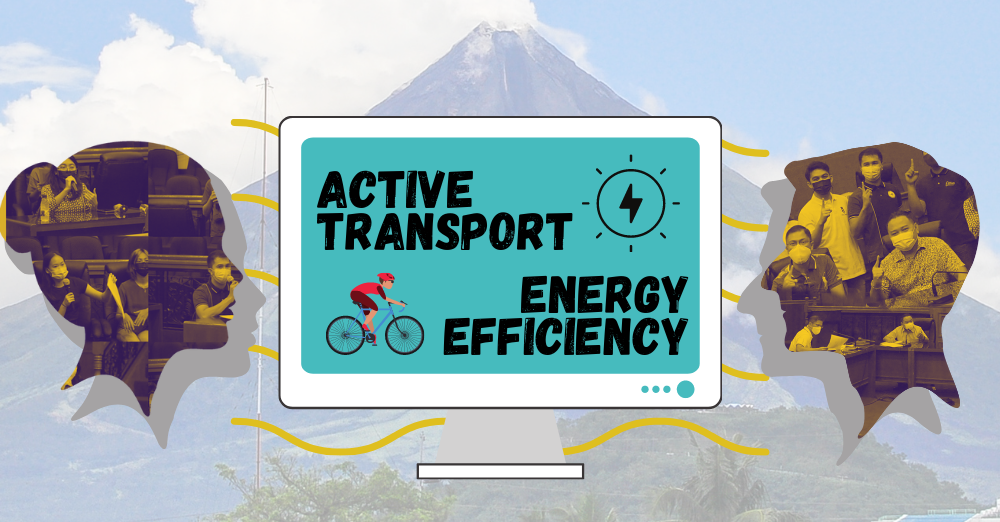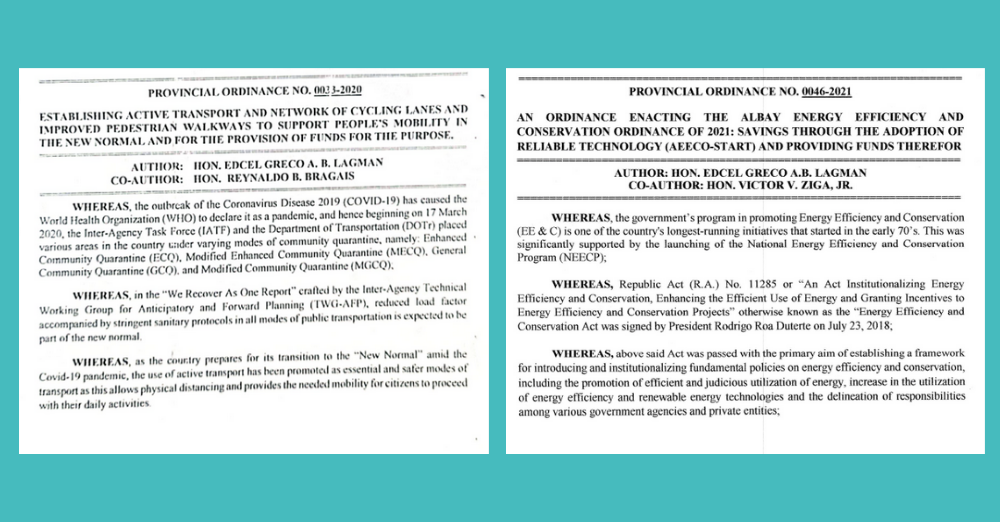OVER one year into the COVID19 lockdown, the Filipino people have seen and experienced massive challenges that impacted all aspects of their lives–health, social, access to basic needs, and the ability to speak up.
Filipinos have heard overwhelming stories from the ground on how the mandated lockdown deeply affected people’s livelihood and day-to-day activities, such as how community quarantines exacerbate commuting problems, how families are burdened by high electricity rates, and how the crisis exposed access to food as a perennial issue.

But, arguably, one of the few bright spots during the pandemic is how the youth’s voice became louder than ever, and how they are maximizing this voice to call for policies that will lead to improved quality of life beyond COVID.
The Solon Project is one of them.
Founded by a group of young people working in government offices, The Solon Project is a volunteer organization seeking to lobby policies for the people.
In just a year, the Solon Project successfully lobbied for the enactment of two policies that are instrumental for improving living conditions during and beyond the pandemic.
Their most recent success is the April 2021 enactment of the Albay Energy Efficiency and Conservation Ordinance, which provides for the “establishment of a framework introducing and institutionalizing fundamental policies on energy efficiency and conservation, including the promotion of efficient and judicious energy, increase in the utilization of energy efficiency and renewable energy technologies, and the delineation of responsibilities among various government agencies and private entities.”

Under the Ordinance, the Provincial Government of Albay will implement energy efficiency and conservation measures in the procurement and logistics processes, as mandated under the National Energy Efficiency and Conservation Program.
Once fully implemented, the ordinance will also serve as a key solution to achieve Albay’s targets and goals under the Local Climate Change Action Plan.
The Solon Project convenor Arnold Onrubia, a 29-year-old youth leader in Tabaco, Albay, said the ordinance strengthens Albay’s position as a champion in climate change resilience and mitigation through the use of low-carbon technologies.
“This subscribes to the need to adopt reliable technologies such as energy-saving technology and renewable energy sources. So dapat lahat ng mga gamit sa provincial government of Albay ay mag-shift na to such technologies,” Onrubia said.
The Solon Project started to lobby for this act in September 2020, when they called on various organizations to sign on to their online petition. It is supported by a diverse group of individuals such as the Philippine Institute of Chemical Engineers – Junior Chapter V, Bicol University chapters of Philippine Institute of Civil Engineers, Philippine Society of Mechanical Engineers, Student Organization for Meteorology, Philippine Institute of Chemical Engineers – Bicol Chapter, Philippine Society of Mechanical Engineers Albay – Legazpi Chapter, Institute of Electrical Engineers of the Philippines – Albay Chapter, United Architects of the Philippines – Tabaco Chapter, and Philippine Institute of Environmental Planners Albay – Legazpi Chapter.
The petition caught the attention of Albay Vice Governor Edcel Greco Lagman, who advocated the cause to the Sangguniang Panlalawigan and later authored the ordinance.
Onrubia is hopeful that the Ordinance will serve as a precedent for more sustainable policies that will promote renewable energy technologies to the private sector and every Albayano household.
“We lobbied for this because as early as now, we want this to be part of the way of life of every Albayano. We are just barely scratching the surface. But ang na-secure ng taumbayan is a legal framework through a provincial law,” he said.
The Solon Project was also behind the enactment of the Albay Active Transport Act, which aims to provide sustainable and environment-friendly mobility by allocating resources to establish cycling lane networks and walking paths, as well as providing complementary traffic engineering and infrastructure solutions to support safe and efficient biking and walking.
The Ordinance, which was enacted in March 2020, cited the need for a shift towards “safe, economical, cost-effective, efficient, non-congestive, and non-polluting active transport” that prioritizes non-motorized vehicles.
With the help of the Move As One Coalition and the local biking community, The Solon Project was able to gather over 2,000 online petition signatures, which were key to gaining the support of Albay policymakers.
Onrubia said this is the people of Albay’s direct response to the mobility problems exacerbated by the COVID19-induced lockdowns, and a key element in shaping a sustainable and resilient Albay.
At present, The Solon Project continues to ensure the continuity of its efforts by offering assistance to the Provincial Government in drafting the implementing rules and regulations.
“Through The Solon Project, we want to show the power of the youth. We have fresh ideas that could complement the conventional way of thinking ng mga current officials. Ang pinaglalaban namin is that youth have a say na kailangan maipakita ng maayos sa government,” Onrubia said noting that the youth voice shall remain powerful amid issues on shrinking democratic spaces.
For him, the key behind the success of their campaigns is the diversity and numbers behind the movement. And while The Solon Project impacts the whole community, the call for sustainability and responsive governance comes from individuals’ collective action.
“This is my activism,” Onrubia said. “I just love Albay so much. I want it to be a better place for the people. [For] the youth and the communities. I want to see Albay be a good province, safe, and democratic place.”
The Solon Project is a volunteer-led organization that lobbies groundbreaking legislation. For inquiries, you may contact Arnold Onrubia through [email protected].
